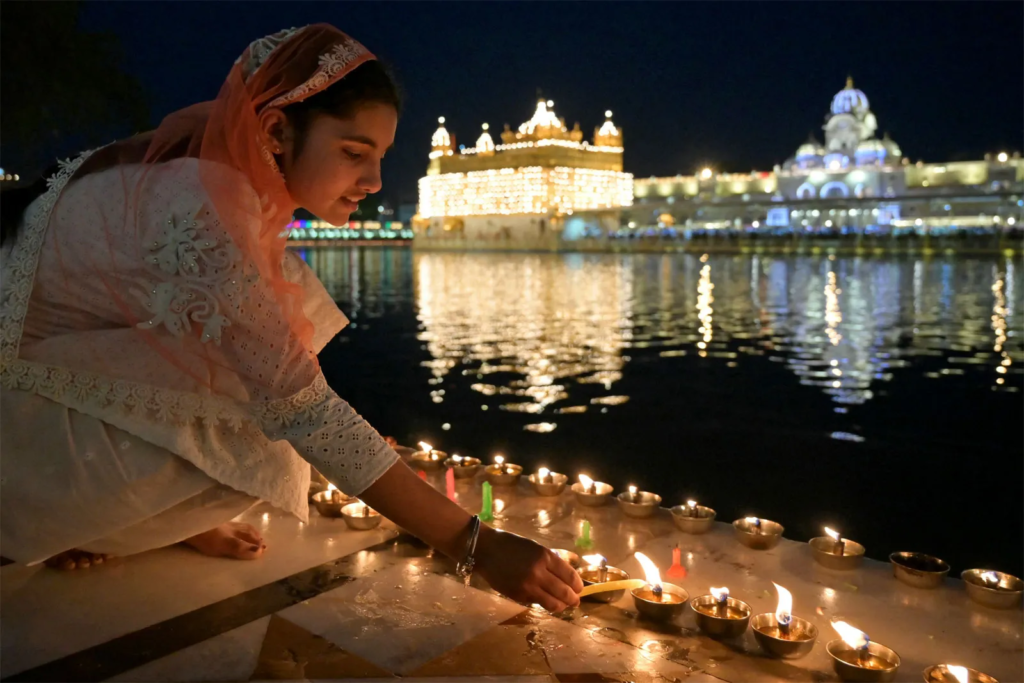
Baisakhi isn’t just a festival. It’s a powerful celebration of harvest, gratitude, and renewal that marks the beginning of a new year for many communities. While most of us picture vibrant bhangra beats in Punjab fields, the spirit of Baisakhi—also known as Vaisakhi—travels across borders, cultures, and time zones.
But here’s a curious question: Which place celebrates Baisakhi (or its regional equivalent) last? In this blog, we’ll take you on a global journey to explore where and how the New Year spirit of Baisakhi is welcomed around the world—and where the sun sets last on this celebration.
Table of Contents
- What Is Baisakhi Really About?
- When Is Baisakhi Celebrated?
- Baisakhi and New Year Across Indian States
- Celebrating Baisakhi Abroad: Global Punjabi Communities
- Where Does Baisakhi Celebration End Last in the World?
- Final Thoughts: One Day, Many Stories
What Is Baisakhi Really About?
Baisakhi marks the Sikh New Year and the harvest festival of Punjab. It’s a day that holds deep spiritual and historical meaning—it was on this day in 1699 that Guru Gobind Singh established the Khalsa Panth, shaping the Sikh identity forever.
But beyond religion, Baisakhi is a celebration of abundance, of land that has given its yield, and of people gathering to dance, pray, and begin afresh.
When Is Baisakhi Celebrated?
Baisakhi usually falls on April 13 or 14, aligning with the solar calendar. It marks the beginning of the Vaisakh month and corresponds to similar solar new year celebrations across India and Southeast Asia—like Pohela Boishakh (Bengal), Puthandu (Tamil Nadu), Vishu (Kerala), Bohag Bihu (Assam), and Thingyan (Myanmar).
It’s a rare day when multiple cultures across borders light up in celebration, all welcoming a new start—just in different ways.
Baisakhi and New Year Across Indian States
Let’s take a quick look at how the New Year is celebrated under different names:
| Region/State | Festival Name | Key Traditions |
| Punjab | Baisakhi | Nagar kirtans, gurdwara visits, bhangra |
| West Bengal | Pohela Boishakh | Prabhat feri, cultural fairs, new accounts |
| Tamil Nadu | Puthandu | Kanni (auspicious sight), family meals |
| Kerala | Vishu | Vishukkani, fireworks, feasts |
| Assam | Bohag Bihu | Dance, music, community feasting |
| Odisha | Pana Sankranti | Chariot rituals, sweet drinks (pana) |
Each version shares a common thread: gratitude for the land, hope for the future, and joy in the present.
Celebrating Baisakhi Abroad: Global Punjabi Communities
Wherever Punjabis have settled, Baisakhi has followed. Cities like London, Vancouver, Melbourne, Singapore, and New York host grand celebrations with street parades, langars, and cultural shows.
In Canada, Baisakhi parades in cities like Surrey attract hundreds of thousands. In the UK, Southall turns into a sea of saffron and music. Meanwhile, in Malaysia, Baisakhi is a public celebration that honors the contributions of the Punjabi community.
Time zones shift, but the joy stays the same.
Where Does Baisakhi Celebration End Last in the World?
Now, the big question: Which place celebrates Baisakhi last?
Thanks to the magic of time zones, countries like New Zealand and Australia celebrate Baisakhi before India. But at the tail end, it’s the westernmost parts of North America—specifically cities like:
- Vancouver (Canada)
- Los Angeles (USA)
- San Francisco (USA)
Here, Baisakhi festivities conclude when it’s already the next day in India. So if you’re in California or British Columbia, you’re likely among the last to dance, pray, and say “Happy Baisakhi” under the stars.
Final Thoughts: One Day, Many Stories
From the mustard fields of Punjab to the city squares of London, Baisakhi reminds us that new beginnings are universal. Even as the clock ticks differently across the world, the emotion stays the same—joy, renewal, and gratitude.
So whether you were the first to welcome Baisakhi in Sydney or the last in San Francisco, the festival’s heartbeat is shared across miles and moments.

